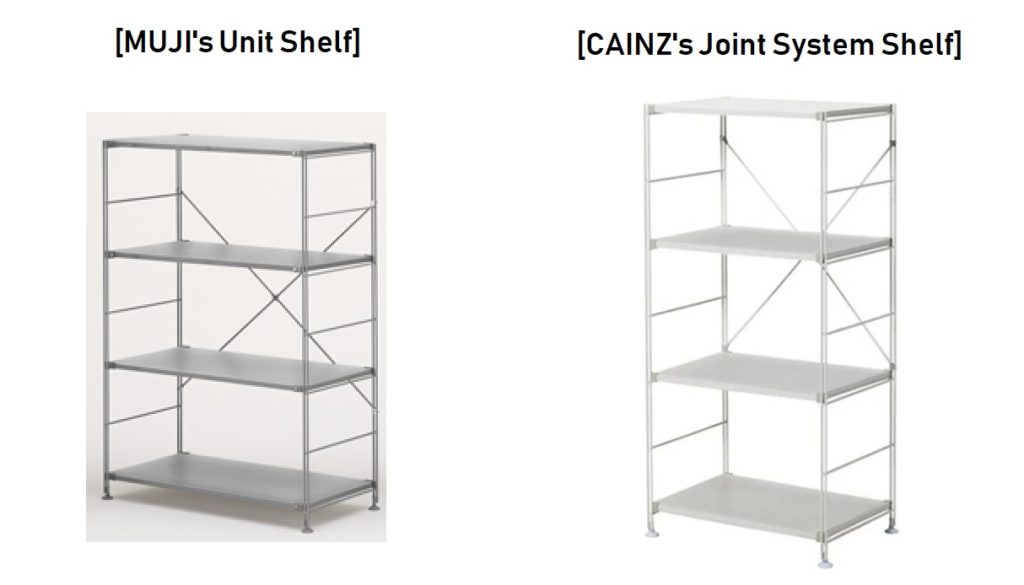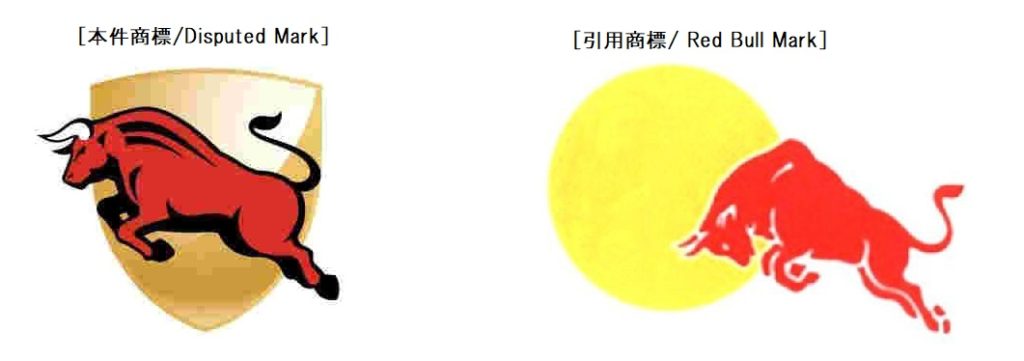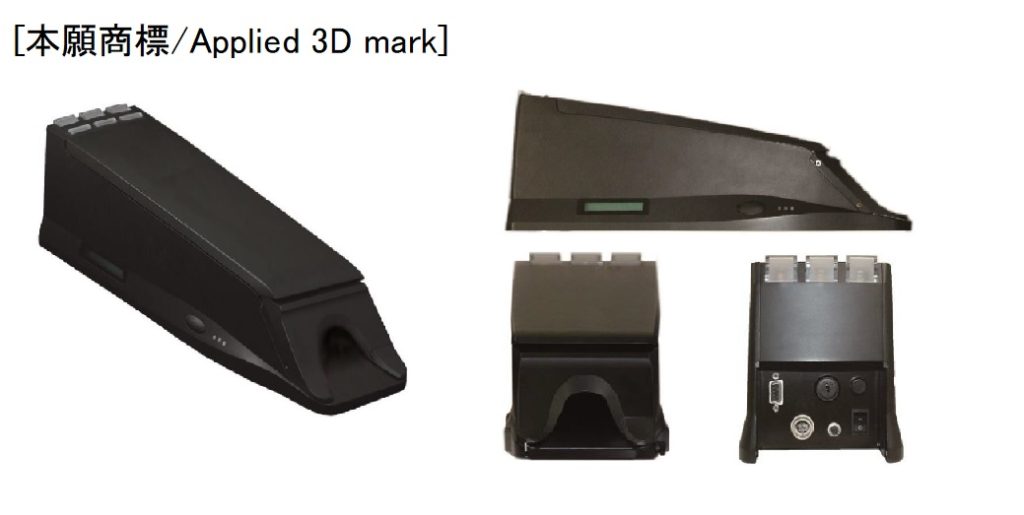On June 12, 2018, the Japan IP High Court denied the JPO Trial Board decision and sided with TOHO Co., Ltd., a Japanese filmmaker that unleashed Godzilla on the world, in a trademark dispute between GODZILLA and GUZZILLA.
[Judicial case no. H29(Gyo-ke)10214]
GODZILLA
TOHO Co., Ltd., the top and oldest Japanese filmmaker, is known worldwide for unleashing Godzilla in 1954. Godzilla, known as the King of the Monsters, is a giant irradiated prehistoric amphibious reptile appearing in the films produced by TOHO. TOHO has produced more than 20 Godzilla flicks, including 1999’s Godzilla 2000: Millennium, and 2014’s GODZILLA.
GUZZILLA
Taguchi Industrial Co., Ltd., a Japanese manufacturer of attachments for construction machinery, filed an trademark application for the “GUZZILLA” mark (see below) in November 21, 2011 by designating mining machines, construction machines, loading-unloading machines, agricultural machines, waste compacting machines, waste crushing machines in class 7. JPO registered the mark on April 27, 2012.
The “GUZZILLA” mark has been used on attachments for construction machinery by Taguchi. (see website of Taguchi – http://en.taguchi.co.jp/series/guzzilla/)

Invalidation Trial
On February 22, 2017, two months before a lapse of five years from the registration, TOHO requested for invalidation trial based on Article 4(1)(xv) of the Trademark Law and asserted relevant consumers or traders are likely to confuse or misconceive a source of the “GUZZILLA” mark with TOHO or a business entity systematically or economically connected with TOHO when used on designated goods in class 7 due to close resemblance between “GUZZILLA” and “GODZILLA”.
Article 4(1)(xv) provides that a mark shall not be registered where it is likely to cause confusion with other business entity’s well-known goods or services, to the benefit of brand owner and users’ benefits.
The Trial Board admitted a high degree of popularity and reputation of “GODZILLA” as a name of monster appeared in films produced by TOHO, however, the invalidation trial was totally dismissed since the Board found no likelihood of confusion in view of remote association between TOHO’s business and designated goods in class 7 (Trial case no. 2017-890010).
To contest the decision, TOHO appealed to the IP High Court.
IP High Court ruling
IP High Court set aside the decision and ruled in favor of TOHO.
In the ruling, the Court pointed out a fact that designated goods in question include pneumatic jacks, electric jacks, chain blocks, winches, mowing machines, and hedge trimmers. These goods have a certain degree of association with toys or groceries of TOHO’s interest in the aspect of use, objective and consumer. Besides, relevant consumers of goods in question rely on not only quality and function of goods but also goodwill in trademark at the time of purchasing such goods. If so, the Court finds that, by taking into consideration famousness and originality of “GODZILLA” as a source indicator of TOHO’s business as well as close resemblance of both marks, relevant consumers of above goods (class 7) designated under the “GUZZILLA” mark are likely to associate the goods with “GODZILLA” and thus confuse its source with TOHO or a business entity systematically or economically connected with TOHO.
Court also held that a well-known “GODZILLA” mark gives rise to a meaning of imaginary giant monster in films and an image of strength by means of the monster’s action devastating city and buildings. Inter alia, purchasers of pneumatic jacks in question are likely to receive an incentive to buy “GODZILLA” in anticipation of strong performance of the jacks as GODZILLA did.
Based on the foregoing, the court decided invalidation of “GUZZILLA” trademark registration based on Article 4(1)(xv).




